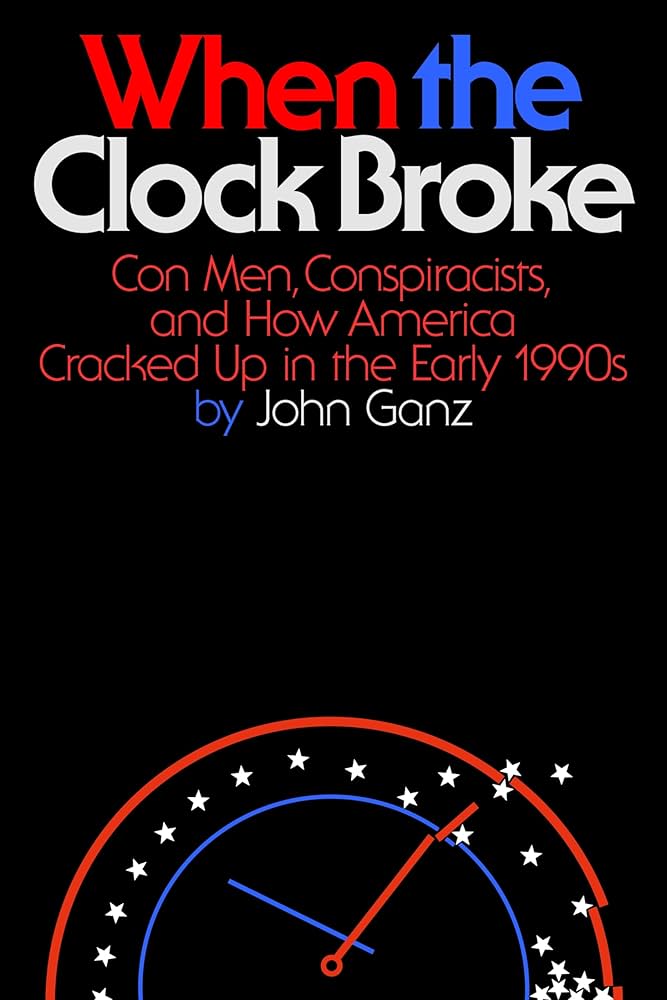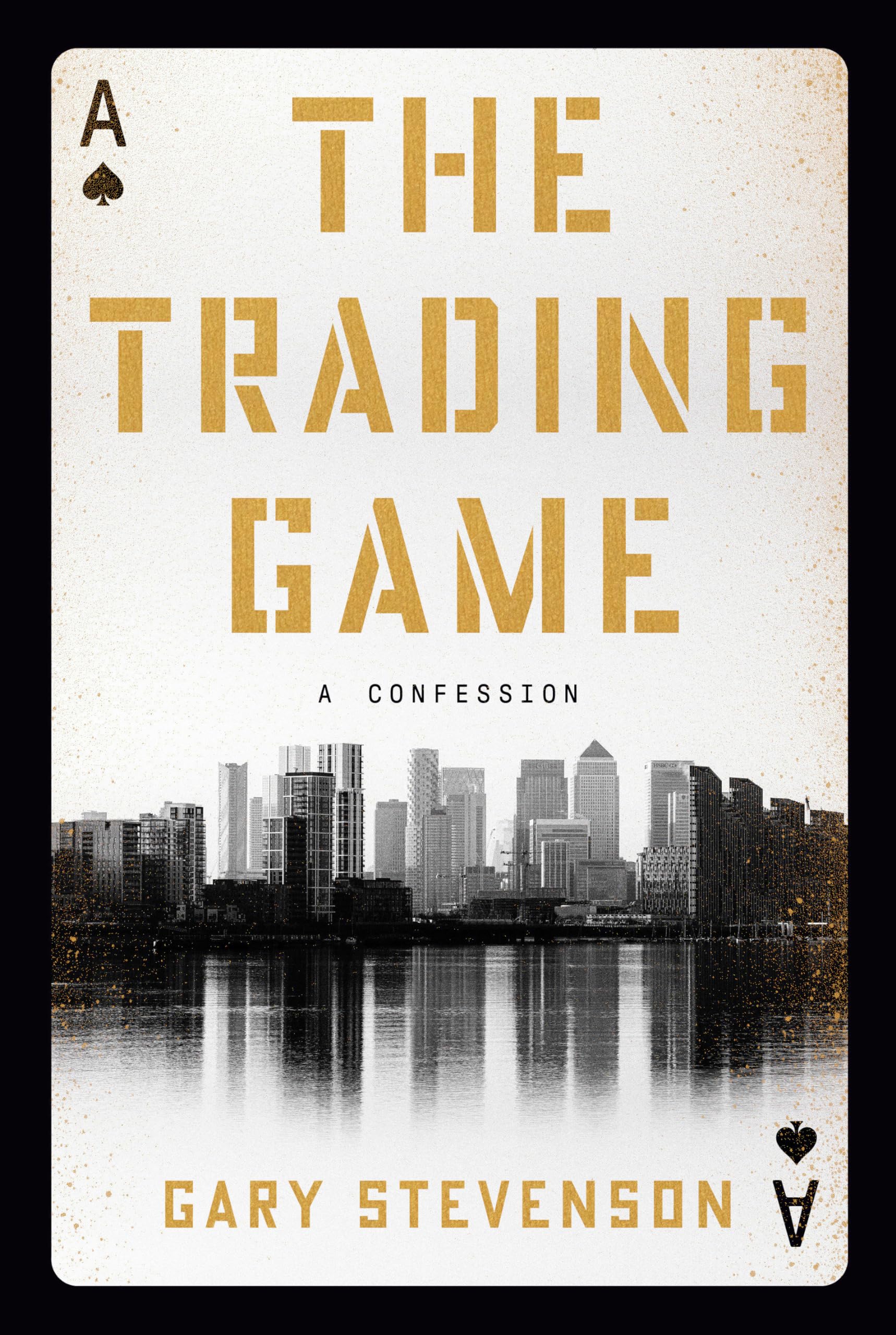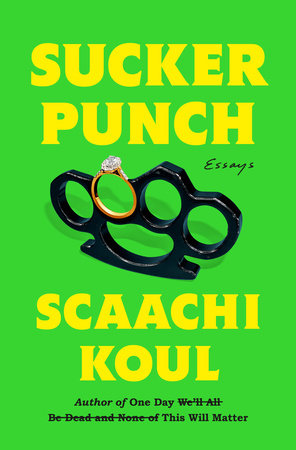I’ve been a reader of John Ganz’ Substack for quite a while. I find his writing much more approachable than a lot of political writers – it’s not overwritten and it’s accessible for people who don’t live and breathe American politics. Happy to report that When The Clock Broke keeps true to form.
The book is about, roughly the era from the end of Reagan’s presidency through to the election of Bill Clinton, and is told as a series of essays, each profiling a different figure and how they played into the larger culture and political environment.
It’s jackasses all the way down: David Duke, Rush Limbaugh, Ross Perot, Pat Buchanan, Daryl Gates, Rudy Guiliani and more. Trump is lurking in the shadows throughout. Each chapter profiles one of these figures, though they all appear throughout it to varying degrees. Unlike on his Substack, Ganz doesn’t editorialize on these clowns. He doesn’t need to. their actions show the type of cynical and selfish views they held.
More than once he simply documents. Here are two bits from the Rush Limbaugh chapter, where he profiles Limbaugh as an awkward weirdo who seemingly developed a serious resentment for women (and failed at several marriages):
“He was introverted and shy. He lacked confidence,” recalled one of his few friends. “He once hid himself in the backseat of a car so that he could steal a peek when a friend was with a date up front-and thereby learn how to do it himself.” When his chance came, it went spectacularly badly: in a game of spin the bottle, he landed on one of the “prettiest girls in high school,” but she wouldn’t kiss him.
…and then on the next page:
A square with a flattop, he liked being the guy playing the records more than he liked the records. “I never really listened to the lyrics,” he later recalled. “Rock to me was never anything special. It’s all about rebellion and blue jeans. I have never owned a pair of blue jeans.” His radio debut was in the summer of 1967. (One rock and roll song did catch his imagination, though: he played “Under My Thumb” by the Rolling Stones so much at one later job that he got fired for it.)
…yikes.
Even if you know the story of these people, it’s interesting to see how they all fit together at the time — how a sociopath like David Duke had outsized influence on the entire right wing because (a) he refused to go away, and (b) he made a useful comparator for other politicians, from the left and the right.
The major impression of this book is that so little has changed from those days. Many of the characters are the same, and many of the names have modern corollaries that are shockingly apt: Joe Rogan as Limbaugh, Elon Musk as Perot, JD Vance as Buchanan — the names have changed, but the roles are still being played.
Bigger than that though is that the issues are the same. Police brutality, racism, abortion, drugs, all the GOP’s greatest hits seem to have originated here, and though some of the taxonomy is different today, the positions are much the same. The frustrating truth is that very little progress (and in the case of abortion, some regression) has been made on any of these fronts.
It ends with the election of Bill Clinton, who history (and Ganz) is not kind to. His campaign was cynical, he was not at all the progressive hero that he seemed, and though his margin of victory was decisive, it was more due to some serious errors by Bush and vote-splitting by Perot.







